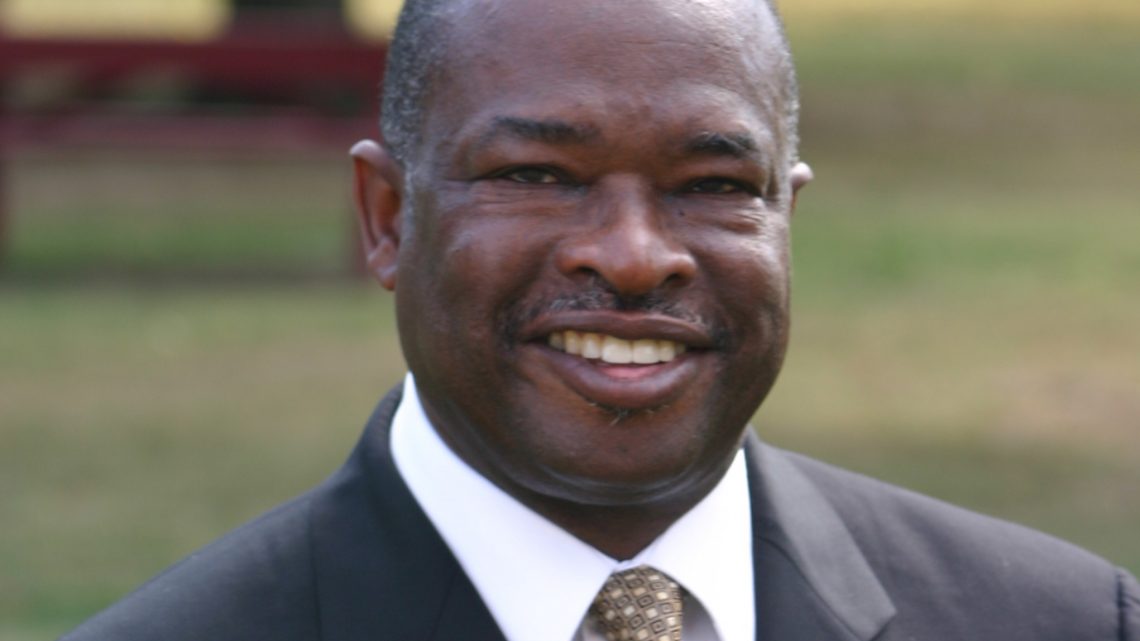I vividly remember five of us students from Golden Gate Academy in Oakland, California piling into the school’s vehicle and heading to West Oakland to deliver boxes of food to families in need. The word throughout the church community was that Elder Cleveland was going to have a meeting at the Oakland Auditorium. Now, as an adult, I wonder how many church members still consider meetings to be the evangelist’s or the pastor’s responsibility.
You will recall that Jesus got into trouble when proclaiming Isa. 61:1-2 as His evangelistic assignment— people wanted to throw Him head first over a cliff. They could not accept the fact that His mission was not what they expected, and the majority of His time would be spent with the despised and dejected, powerless and poor, incarcerated and incurable. “Though He was a Jew, He mingled freely with the Samaritans, setting at nought the Pharisaic customs of His nation. In face of their prejudices He accepted the hospitality of this despised people. He slept under their roofs, ate with them at their tables…taught in their streets, and treated them with the utmost kindness and courtesy” (Ellen White, Desire of Ages, p. 193).
Recently, the Institute for American Church Growth surveyed 10,00 journey. What led them to Christ? For comparison, here are two of the seven findings: evangelistic crusade, 5 percent; friend/relative, 79 percent (Wayne Zunkel, Leadership, vol. 5, no. 3).
“So it is through personal contact and association that men are reached by the saving power of the gospel. They are not saved in masses, but as individuals. Personal influence is a power. We must come close to those whom we desire to benefit” (Ellen White, Thoughts from the Mount of Blessing, p. 36).
Based on this comment, some may resist use of the Internet and various types of social media as a way of soul winning, since there may be no sympathetic eye contact, no embrace of comfort or spoken words of encouragement. Yet electronic media has enlarged the circle and quickened the pace of getting the message out in places where we are unable to go (or may not be received) in person. And by the grace of God, online contact can lead to face-to-face fellowship.
In a compelling Christianity Today article (Jan/Feb 2013) titled “My Train Wreck Conversion,” author Rosaria Champagne Butterfield, a former leftist/lesbian, speaks of her encounter with a pastor and his wife and cites what I believe are two significant, useful approaches in our endeavor to evangelize. She states that the pastor “brought the church to me” and because he and his wife0 people about their spiritual did not invite her to attend church “it was safe to be friends.”
Like most of you, I’m convinced that this world in which we live is in terrible shape and Jesus must come soon. I also believe that today we must take risks to reach the many helpless, hopeless, hurting people for Christ. No more shaking of the head in disbelief of the current news—but a sharing of the heart with the destitute, despondent and those deprived of a knowledge of God’s love.
I believe that every individual must be given the opportunity to choose between life and death, in those often repeated words, “by any means necessary.” The what, where, who and how of evangelism for Jesus was risky. And He bids His disciples “follow Me.” Fear of being misunderstood and maligned may cause some to retreat. Instead, I encourage you to develop an evangelism plan—not as a judge or a jury, but as a friend. Get to know your neighbors and co-workers. Look for things in common, offer and accept hospitality, and let them introduce God into the conversation.
I close with this challenge: Through whatever means, embrace evangelism. Under the influence of God’s Spirit, take the risk and don’t allow the form of implementation to be your nemesis.
Gil F. Webb is vice president for administration of the Mid-America Union Conference.








